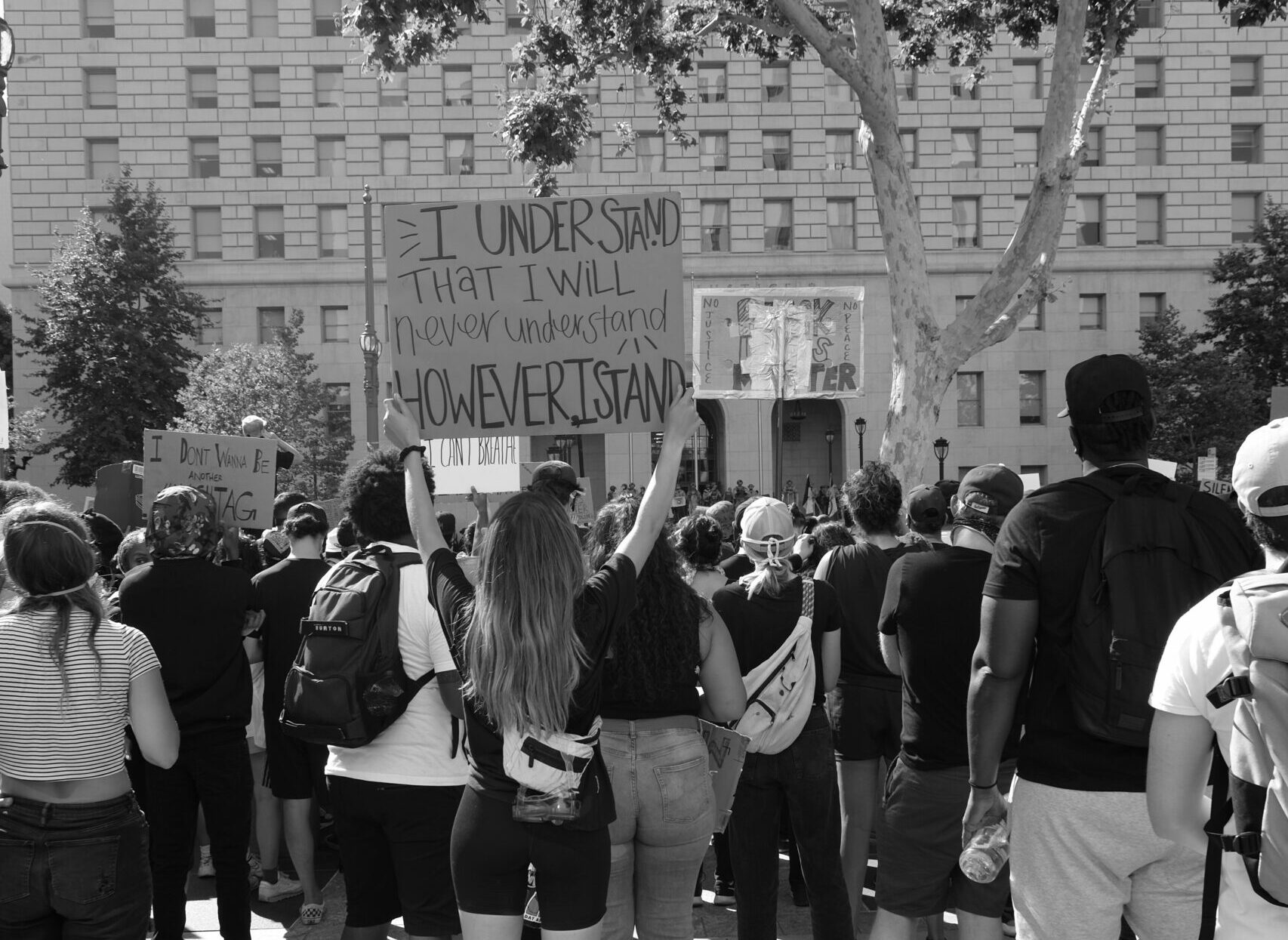The literary world is changing. For years, a small group held all the power—deciding whose stories mattered, whose voices were heard. But that’s no longer the case. Today, marginalized writers are rising, pushing against the gatekeepers, and reclaiming their space. They’re using their stories to challenge, to resist, to redefine what “authority” means in literature. I should know, I just wrote a research paper on marginalized voices challenging the status quo in Standard American English (SAE). Trust me, the revolution is happening.
Historically, authority in writing belonged to the few. The elite. The white, the male, the privileged. These voices shaped our understanding of “great” literature. But whose perspectives did they leave out? Too many. People of color. Queer people. Disabled people. Marginalized communities that have long been silenced or stereotyped. Now, these communities are taking back their power.
Movements like #OwnVoices have changed the game. Authors are stepping up to tell stories that reflect their true identities. And not just any stories—their own stories, written with depth and truth that no one else could offer. They aren’t just asking to be heard—they’re demanding it. By reclaiming their narratives, they’re resisting the dominant voices that told them they weren’t enough. That their stories didn’t fit.
Wardle reminds us that writing is about more than just skill; it’s about identity and authority. We can’t ignore that. These writers, by putting pen to paper, are actively reshaping the canon. They’re saying, “Our stories matter. We matter.” And it’s working.
Literature isn’t just for the elite anymore. It’s for everyone. And the authority in writing? It belongs to the people who claim it.
The #OwnVoices movement is an example of marginalized communities asserting their authority in literature, directly challenging the dominant narratives. Elizabeth Wardle discusses the negotiation of identity and authority through writing in her work, “Identity, Authority, and Learning to Write in New Workplaces,” pointing out that authority isn’t just given—it’s constructed (Wardle 14). For today’s writers, that construction is happening one bold, defiant sentence at a time.





Leave a Reply